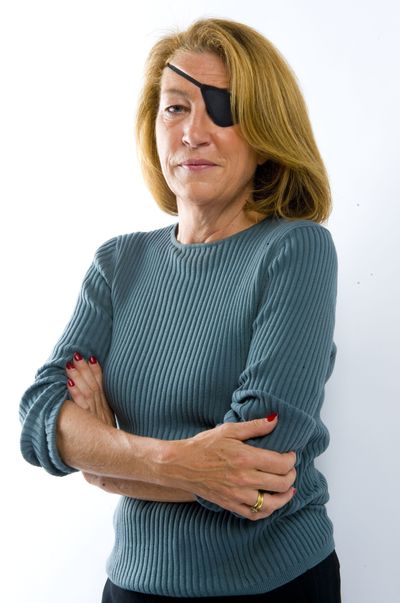Two journalists killed in Syrian rocket attack
Famed war correspondent Marie Colvin killed

BEIRUT – Two Western journalists were killed Tuesday in the central Syrian city of Homs, prompting renewed condemnation of the government of President Bashar Assad and allegations that Syrian security forces may have targeted the media.
At least two other Western journalists were reported injured in the shelling of Homs, which opposition activists say has been under government bombardment for almost three weeks, resulting in the deaths of hundreds of civilians.
But it was the deaths of the journalists – among them Marie Colvin, an acclaimed war correspondent and U.S. native who wrote for the Sunday Times of London – that seemed certain to raise the profile of the conflict and heighten pressure on Assad and Western leaders. Also killed was Remi Ochlik, a French photographer.
Reporters Without Borders, a press freedom group, alleged that the building where the two were killed – a makeshift media center in Homs’ besieged Baba Amr district – “was believed to have been deliberately targeted, since it was public knowledge that it was used regularly by journalists.” The group said 11 rockets hit the structure, which had reportedly been hit before.
The opposition has accused the Syrian government of targeting “citizen journalists” who regularly upload onto the Internet graphic amateur videos showing scenes of damage and death attributed to Syrian security forces.
Colvin, 56, was legendary in journalism, a fearless war correspondent driven to depict the effects of conflict on civilians. She had covered multiple wars and often wore a black eye patch, having lost her left eye while covering civil strife in Sri Lanka.
In a telephone interview with the BBC the day before she was killed, Colvin deplored the “unrelenting” rocket and mortar strikes that were pouring down on Homs’ Baba Amr district.
“No one here can understand how the international community can let this happen,” Colvin told the BBC from Homs.